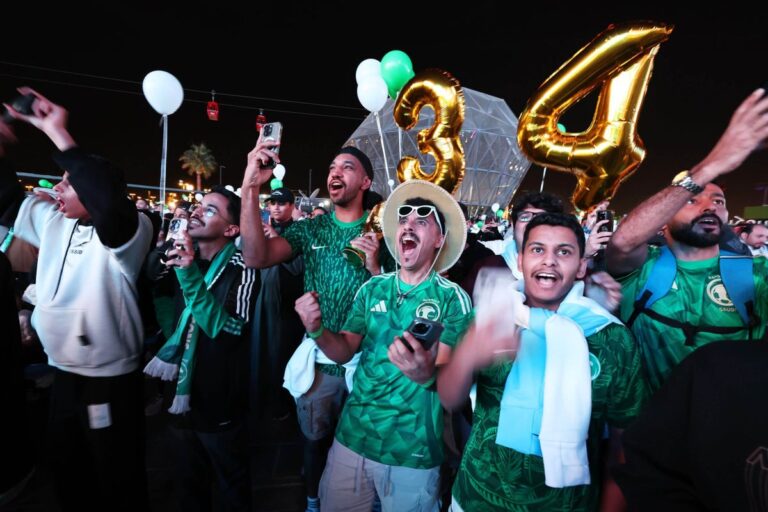
What Factors Are Behind Saudi Arabia Hosting the 2034 World Cup?
Saudi Arabia has been selected to host the 2034 World Cup, having been awarded the hosting rights by FIFA.
This decision has sparked some controversy, as Saudi Arabia was the sole bidder for the event, leading to accusations that FIFA has “bent the rules” to facilitate this outcome. FIFA president Gianni Infantino has been a prominent figure in reshaping the process for selecting World Cup hosts, prompting numerous inquiries aimed at the governing body.
However, the tournament's journey begins in 2030, when six nations will jointly host the prestigious event.
Why was Saudi Arabia the only nation bidding for the 2034 World Cup?
In essence, FIFA is said to have “bent” regulations to clear a path for Saudi Arabia to host the World Cup in 2034. One particular rule—reducing the threshold for the number of existing stadiums with a minimum capacity of 40,000 from seven to four—was relatively minor. However, the New York Times referred to the decision to award the 2030 World Cup as “curious,” given its implications for Saudi Arabia.
When the 2030 tournament was awarded to Spain, Portugal, and Morocco, FIFA asserted that to commemorate the centenary of the initial event in Uruguay, the first three matches of 2030 would be held in Uruguay, Argentina, and Paraguay. These three South American nations, together with Chile, had also submitted bids to host. As no confederation is permitted to host consecutive World Cups, this decision effectively ruled out South America, along with Europe and Africa, from competing for the 2034 edition.
Moreover, in another “curious” move by FIFA, the bidding timeline for the 2034 tournament was drastically shortened to just 25 days, providing little opportunity for other potential nations to organize bids.
As a result, Saudi Arabia was able to proceed unchallenged, with no other nations from the AFC or OFC offering bids. The kingdom had previously considered collaborating with nations in Europe and Africa to present a joint 2030 bid alongside Greece and Egypt, but ultimately opted to proceed independently, officially submitting an official letter of intent to FIFA on October 9, 2023.
Other proposed bids from various nations, including the Association of Southeast Asian Nations (comprising Brunei, Cambodia, Indonesia, Laos, Malaysia, Myanmar, Philippines, Singapore, Thailand, and Vietnam), as well as one from Australia—which may have included collaboration with ASEAN—did not materialize.
Australia considered the possibility of joint hosting with New Zealand after the 2023 Women's World Cup, along with options involving Indonesia, Malaysia, or Singapore, particularly with the upcoming 2032 Summer Olympics set to occur in Brisbane. Ultimately, none of these bids advanced further.
The upcoming World Cup has already drawn scrutiny due to human rights issues within Saudi Arabia. Additionally, there are apprehensions regarding the scheduling of another winter tournament, with January 2034 currently being proposed as the date for the event.
The 2034 World Cup will mark the third occasion the tournament is held in Asia, following the events in 2002 hosted by Japan and South Korea, and the 2022 tournament in Qatar.





